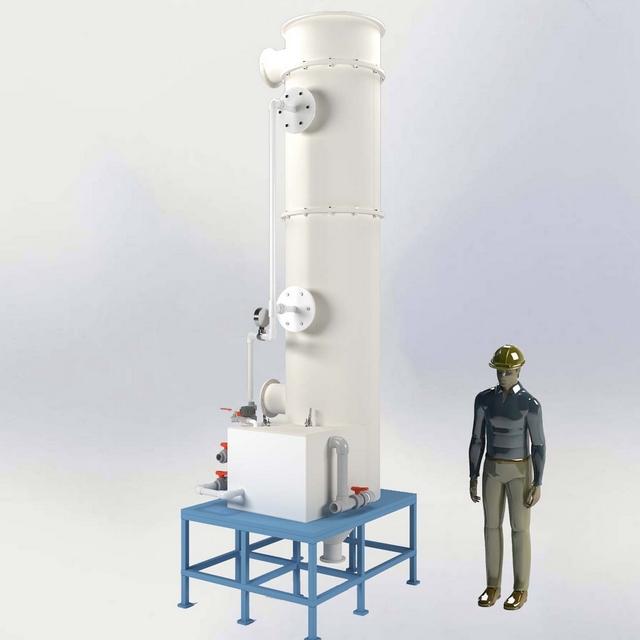
Researchers from the University of Minnesota have uncovered an unexpected benefit of blood pressure medications: they can enhance the brain’s natural opioid system.
This discovery suggests that these drugs might have a role in treating brain conditions while posing a low risk of addiction.
The study, led by Patrick Rothwell and colleagues, focused on how certain blood pressure medications influence brain function.
Specifically, the team looked at angiotensin-converting enzyme (ACE) inhibitors, a widely used class of drugs for managing high blood pressure.
While ACE inhibitors are well-known for their role in cardiovascular health, their effects on the brain have remained largely unexplored.
The researchers found that ACE inhibitors can amplify the effects of natural opioids produced by the brain. These opioids play a crucial role in regulating a specific brain circuit, which can influence pain perception and reward.
By fine-tuning this circuit, ACE inhibitors might help counteract the addictive properties of opiate drugs like fentanyl, offering a safer alternative for pain management and other conditions involving opioid signaling.
The findings open the door to a novel approach for boosting the brain’s opioid system in a protective and beneficial way, without the risks associated with dependence or addiction.
This could have significant implications for conditions like chronic pain, where reliance on addictive opioids has become a major public health crisis.
Building on these results, the researchers are working to develop new ACE inhibitors that are optimized for brain function.
These redesigned drugs could potentially treat a range of brain disorders, from chronic pain to conditions involving opioid imbalances, while maintaining their safety profile for blood pressure control.
The study highlights the potential for repurposing existing medications to address brain-related conditions. Further research is needed to better understand how ACE inhibitors interact with brain circuits and to refine these drugs for broader therapeutic use.
Published in Science, this research offers a glimpse into how treatments for cardiovascular health could also benefit the brain, providing a promising avenue for future medical advancements.
If you care about high blood pressure, please read studies about vitamins impacts on high blood pressure people need to know, and how to manage high blood pressure and diabetes with healthy foods.
If you care about brain health, please read studies about dietary strategies to ward off dementia, and how omega-3 fatty acids fuel your mind.
Copyright © 2024 Knowridge Science Report. All rights reserved.









Leave a Comment